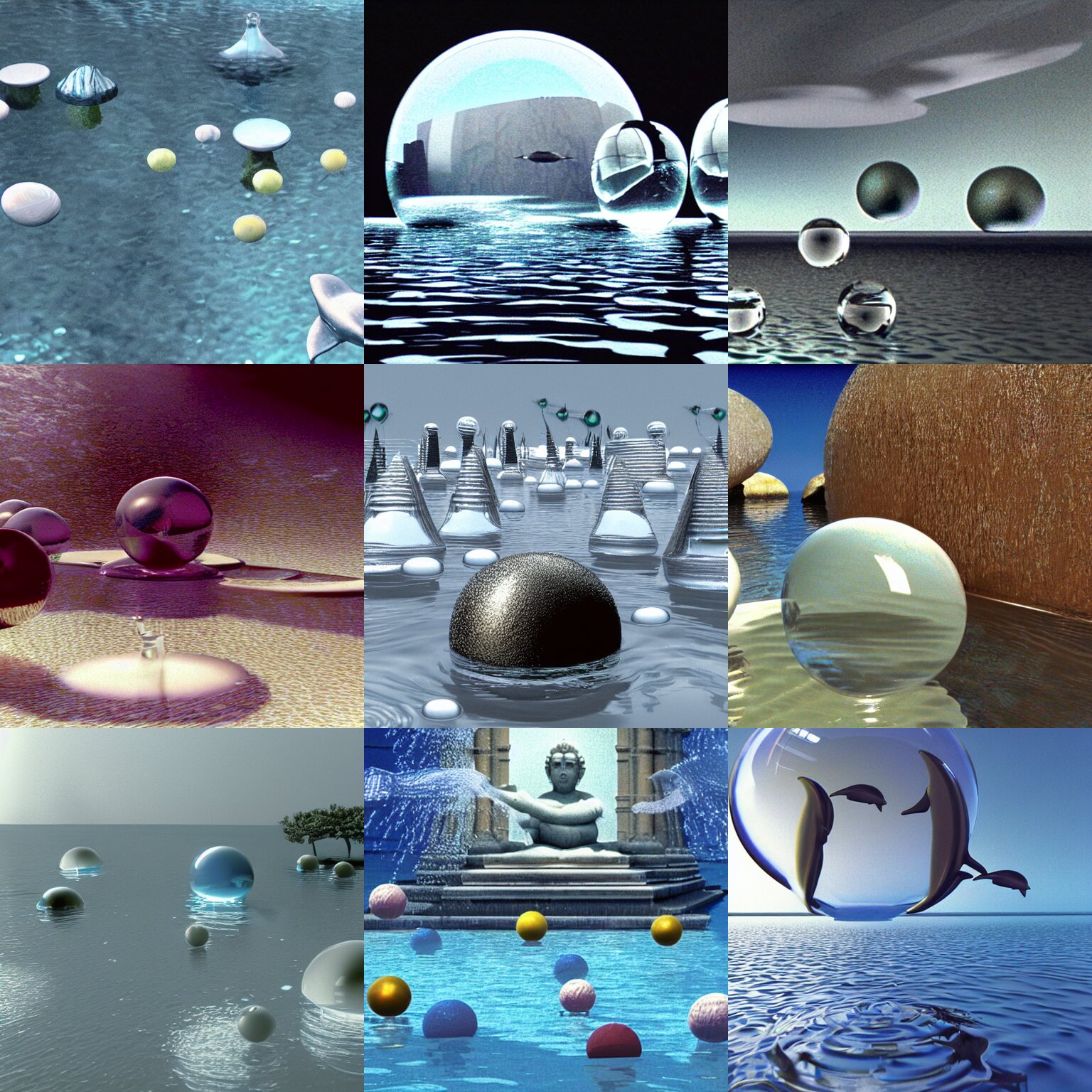#analogy #mind
Created at 2023-01-19
# [Anonymous feedback](https://www.admonymous.co/louis030195)
# [[Epistemic status]]
#shower-thought
Last modified date: 2023-01-19
Commit: 0
# Related
- [[Readwise/Articles/Douglas Hofstadter - Fluid Concepts and Creative Analogies - Wikipedia]]
- [[Philosophy/Epistemology/Underestimating inferential distances]]
- [[Philosophy/Epistemology/Teaching]]
- [[Philosophy/Creativity]]
- [[Douglas Hofstadter - I Am a Strange Loop]]
# TODO
> [!TODO] TODO
# Analogy
Analogies, as explained by Douglas Hofstadter, are powerful tools for understanding complex concepts. Analogies can be used to bridge the gap between the unfamiliar and the familiar, the abstract and the concrete, the abstract and the tangible, and the complex and the simple. Hofstadter claims that analogies are mental shortcuts that allow us to comprehend something on a deeper level and make connections between seemingly unrelated ideas. Since Hofstadter believes that analogy-making is a fundamental part of human thought, he believes that it can be used to create new ideas and insights and to provide a framework for understanding the world around us.

Take for example the [[Physic]]al idea of [[Emergence]], an analogy of it can be the following: "A wave can be seen as an emergent phenomenon when the individual drops of water that make it up come together to create something new." This analogy allows us to understand emergence as something that is created when individual parts come together to form something new, something more than the sum of its parts. This analogy serves to bridge the gap between the abstract concept of emergence and a tangible example of it.

Analogies can also be used to help us solve problems. For example, the analogy of a river can be used to explain a problem-solving strategy. The analogy suggests that to solve a problem, one must identify the source of the problem, find the path that it is taking, and then find ways to block the problem or change its course. This analogy helps us to see how a problem can be solved by breaking it down into its individual parts and then finding ways to address them.
Overall, analogies are a powerful tool for learning and understanding complex concepts. Through the use of analogies, we can use existing knowledge to make sense of unknown or abstract ideas, as well as create new ideas and insights.
## Vision as an analogy
[[Art]], [[Poetry]] are an analogy to ideas
## Analogies are [[Memetic|memetic]]s placed in the natural intelligence space
An analogy is often an idea that is explained through something that is instinctive to us
For example a system in nature.
I think it make sense because communication is about translating the information in your mind that have been transformed to your inner model of the world ([[The Map is not the Territory|map of the territory]]) to another person’s model
Since we all share a common block of model that is nature, how to survive in nature, acquired through evolution, we can use analogies in this instinctive realm to pass ideas in the most efficient way and macroscopically understandable